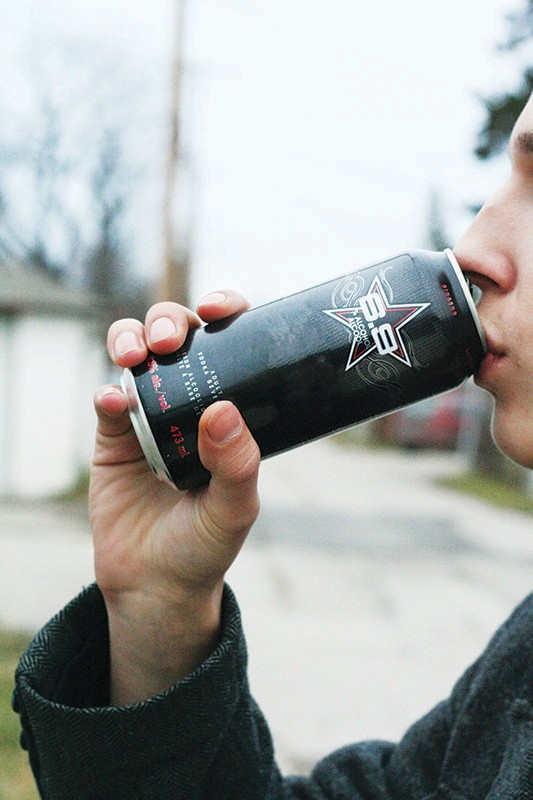Concerns remain about the safety of energy drinks - especially with alcohol
Safety of energy drinks remains unclear as five deaths are under scrutiny by FDA
In the wake of five reported deaths associated with the beverage Monster, critics are calling for tougher regulations on energy drinks in Manitoba.
In October, the U.S. Food and Drug Administration began investigating five deaths linked to energy drinks, while Health Canada has reaffirmed its advisory to not consume caffeinated energy drinks with alcohol.
CBC News reported Health Canada ignored the advice of its own expert panel and softened regulations on energy drinks.
The panel, in its final report, considered these products a public health issue and noted cardiac arrest and other risks have been detected. The panel recommended the name of the drinks be changed to “stimulant drug containing drinks.”
Dr. Jon Gerrard, a physician and leader of the Manitoba Liberal Party, stated the province needs to immediately release an advisory reaffirming the cautions expressed by Health Canada and note there are provincial impacts.
He also stated the province needs to take immediate steps to educate and begin tighter regulation of the product aimed at decreasing negative consequences.
“The province clearly has a role to play in this hot public issue. Ministry of Health has been missing in action on this,” said Gerrard. “We need warning signs about the risk of mixing (energy drinks) with alcohol in every bar.”
Gerrard was certain there are benefits to caffeine use. He noted coffee and tea are commonly accepted.
There is no need to move away from the positive effects of these stimulants, he said.
Susan Watson, a registered dietitian in Manitoba, disagrees.
She cautions against the consumption of energy drinks, preferring to encourage her clients to focus on the benefits of a healthy diet and a proper amount of sleep.
“Our schedules are crazy busy. Health is at the bottom of our schedules. People are using artificial energy. It is horrible. I can’t say it professionally. It is a legalized form of taking a drug,” said Watson.
Watson strongly advised against consuming more than 340 mg of caffeine in a day, noting we still don’t know a safe level of intake.
Energy drinks should be more tightly regulated for children while adults should be free to choose, she said.
Susan Harrison, a spokesperson for the Manitoba Liquor Control Commission (MLCC), stated the organization cannot currently regulate alcohol consumption mixed with energy drinks because it is not in the Liquor Control Act.
They recognize it is a problem but inspectors can’t stop the serving of energy drinks with alcohol. Regulation of energy drinks is a federal responsibility, she said.
The MLCC is beginning an impact analysis of energy drinks and alcohol. The opportunity for changing legislation is opening with the merger of the MLCC with Lotteries, she said.
Josée Laperrière, spokesperson for Red Bull Canada, stated that there is no indication that Red Bull Energy Drink has any effect, negative or positive, related to alcohol consumption.
“There is no reason why Red Bull Energy Drink should not, like any other drink, be mixed with alcohol,” Laperrière said.
“Red Bull is available in over 160 countries, because health authorities across the world have concluded that Red Bull is safe to consume. Last year alone, close to four billion cans and bottles were consumed around the world,” Laperrière added.
Published in Volume 67, Number 10 of The Uniter (November 7, 2012)







